This event has now taken place, dates for future events to be announced soon!
Times stated below are CET (GMT+1hr)
 Chris Reeves
Chris Reeves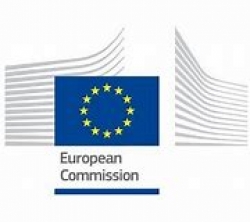 Maria-Cristina Galassi
Maria-Cristina Galassi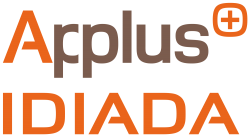 Álvaro Arrúe
Álvaro Arrúe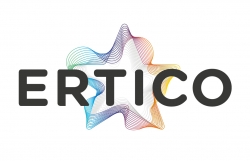 Dr Stephane Dreher
Dr Stephane Dreher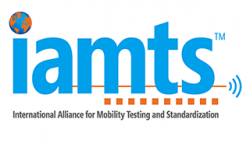 Alexander Kraus
Alexander Kraus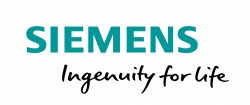 Matthieu Worm
Matthieu Worm Dr Clara Marina Martinez
Dr Clara Marina Martinez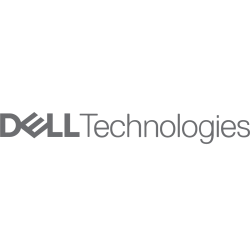 Dr Florian Baumann
Dr Florian Baumann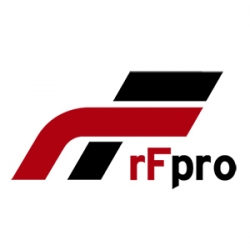 Matt Daley
Matt Daley Matt Daley
Matt Daley Gil Amid
Gil Amid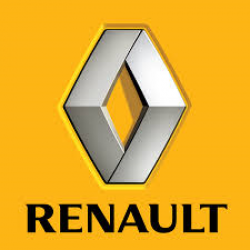 Marc Pajon
Marc Pajon Carlo van Driesten
Carlo van Driesten Benjamin Engel
Benjamin Engel Dr Florian Baumann
Dr Florian Baumann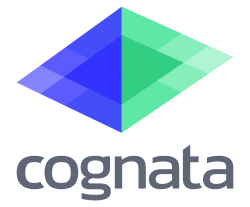 Danny Atsmon
Danny Atsmon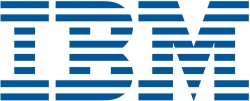 Frank Kraemer
Frank Kraemer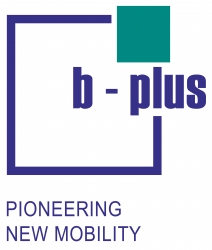 Alexander Noack
Alexander Noack Enguerrand Prioux
Enguerrand Prioux Tomas Ohlson
Tomas Ohlson Varun Mittal
Varun Mittal